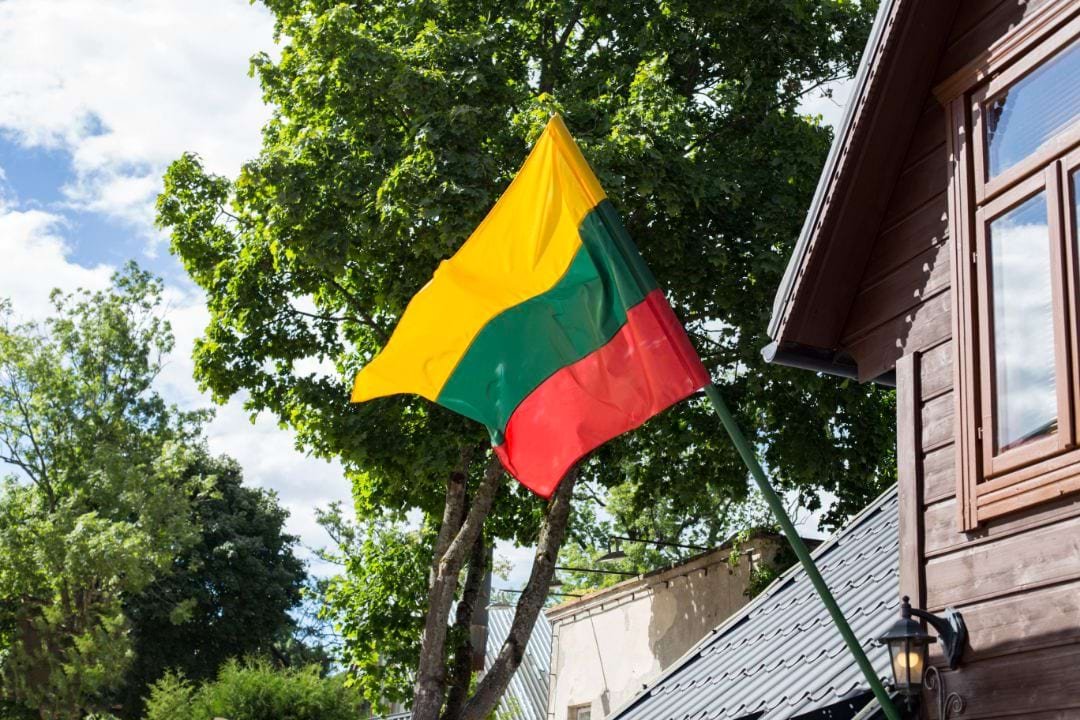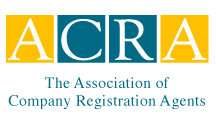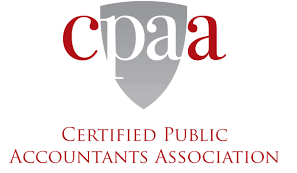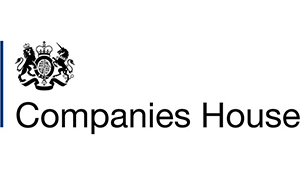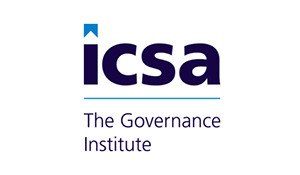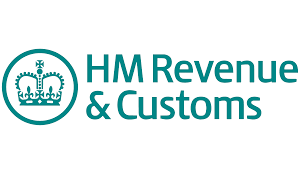This extension, which follows an earlier extension set to expire in March of the coming year, is now projected to last until March 4, 2026, EU Helpers reports.
The Lithuanian Migration Department reports a daily influx of 30 to 40 new applications for temporary residence permits. The same authority further revealed that over 44,300 individuals are currently covered under Lithuania’s temporary protection scheme, LRT News explains.
In addition, more than 85,000 Ukrainians currently live in Lithuania, making up the largest foreign community in the country.
As of March 4, a total of 41,422 Ukrainian war refugees have temporary residence permits issued based on temporary protection in our country. Moreover, the number was expected to increase shortly, as approximately 1,200 more applications submitted in the last weeks of February were being processed.
Lithuania Extended Mandatory Period for Ukrainians to Learn Lithuanian Language by 1 Year
Previously, the Lithuanian government decided to prolong the temporary protected status for Ukrainians who arrived following the Russian invasion until March 2025.
Following this decision, those granted temporary protection will be exempt from the national language requirement for employment for three years from the date of their temporary protection status.
The proposed extension aligns with a broader EU decision from June this year. The European Union activated the temporary protection mechanism on March 4, 2022, in response to the Russian invasion of Ukraine.
Lithuania Enforces Residence Permit Requirement for Ukrainian Workers
Additionally, Lithuania has recently introduced a new policy stipulating that Ukrainians without temporary protection can no longer work in the country without a residence permit. Previously, individuals who could not return to Ukraine were allowed to work in Lithuania without a permit as long as they met specific conditions.
Effective September 1 of this year, the new regulation requires all individuals not covered by temporary protection to secure a residence permit for employment purposes.
This change affects those previously covered under the visa-free regime, holders of valid Schengen visas and those with national visas issued due to unforeseen circumstances.

